While most of us are busy debating whether that single-use coffee cup will doom civilisation, some countries have quietly rolled up their sleeves and gotten down to the serious business of saving the planet.
These 10 environmental overachievers have managed to create nations where breathing doesn’t feel like a risky life choice and where sustainability isn’t just a buzzword plastered on corporate websites.
Based on the Environmental Performance Index (EPI) rankings, these 10 countries, as per Conde Nast Traveller, have earned their spots as the world’s cleanest destinations—perfect for travellers who prefer their adventures with a side of fresh air and a clear conscience.

Understanding the Environmental Performance Index (EPI)
The EPI represents a collaborative effort between researchers from Yale and Columbia University, working alongside the World Economic Forum to create a comprehensive measurement system for global environmental health.
This sophisticated ranking system evaluates 180 countries across 58 different parameters, organised into 11 distinct categories.
Each nation receives a score between 1 and 100, with higher scores indicating superior environmental performance and cleaner living conditions.
The EPI framework operates on 3 fundamental pillars that form the backbone of environmental assessment.
- Environmental Health focuses on how effectively countries protect their citizens from environmental hazards, examining air quality standards, sanitation systems, drinking water access, heavy metal contamination, and waste management practices.
- Ecosystem Vitality measures how nations manage their natural resources and preserve biodiversity, covering forests, fisheries, agriculture, air pollution, and water resources through sustainable practices.
- Climate Change Performance evaluates countries based on their mitigation and adaptation policies, assessing their commitment to reducing greenhouse gas emissions and transitioning to renewable energy sources.
Together, these 3 objectives create a holistic view of environmental stewardship. This serves as either a wake-up call for lagging nations or well-deserved recognition for environmental leaders!
1. Estonia (EPI Score: 75.3)
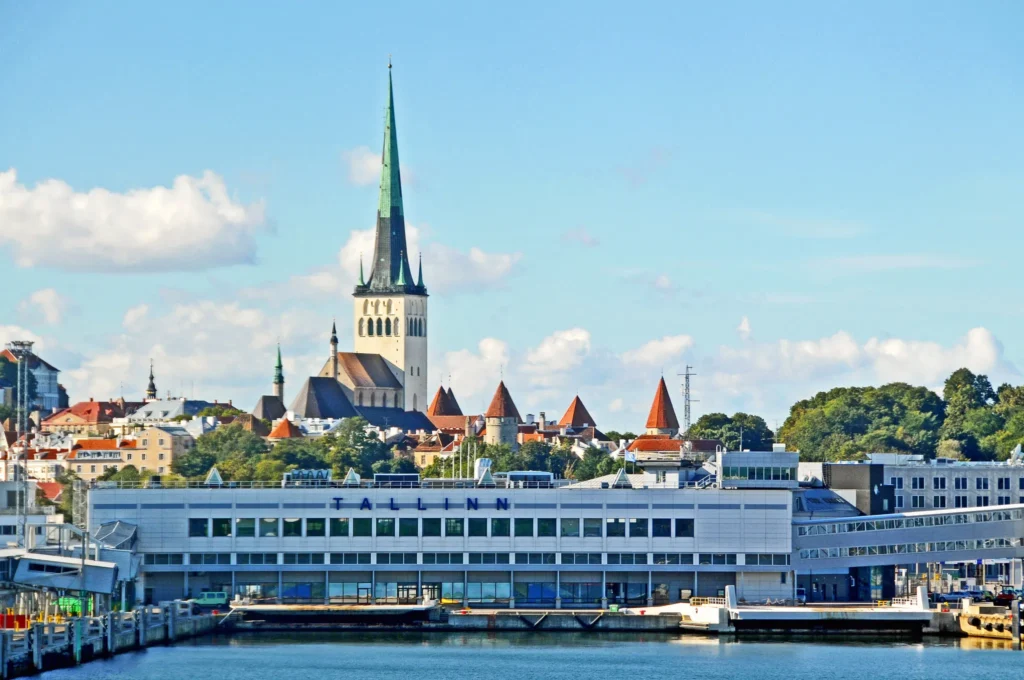
Estonia has emerged as the unexpected champion of environmental excellence, becoming the first Eastern European nation to claim the top spot in global cleanliness rankings.
The country has achieved a remarkable 40% reduction in greenhouse gas emissions over the past decade through its strategic transition from oil shale power to renewable energy sources, including wind, solar, and biomass.
The nation’s digital-first approach extends to environmental monitoring, utilising advanced technology to track air quality and manage natural resources efficiently.
However, Estonia faces challenges with deforestation related to biomass energy production, which has created some tension between its renewable energy goals and forest conservation efforts.
Must-Visit Places
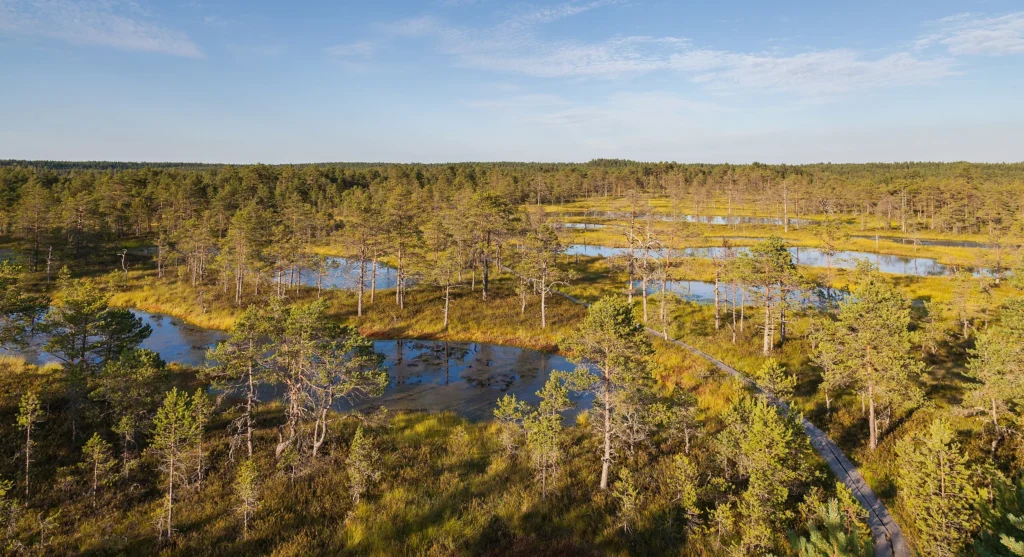
Lahemaa National Park offers pristine wilderness experiences, while Tallinn’s medieval Old Town showcases sustainable urban planning. The island of Saaremaa provides eco-tourism opportunities, and Tartu presents innovative green architecture alongside Estonia’s oldest university.
2. Luxembourg (EPI Score: 75.0)

Luxembourg has implemented comprehensive policies addressing air quality, waste management, and renewable energy adoption.
Luxembourg’s commitment to public transportation is exemplary, with free public transit nationwide since 2020, significantly reducing carbon emissions from personal vehicles.
The nation’s approach to environmental health focuses on maintaining exceptional air and water quality standards while managing industrial activities responsibly.
Luxembourg’s investment in green technology and sustainable finance has positioned it as a European leader in environmental innovation.
Must-Visit Places

The Mullerthal Trail, known as “Little Switzerland,” offers hiking through pristine rock formations. Luxembourg City’s fortifications blend historical preservation with modern sustainability, while the Moselle Valley showcases sustainable wine production practices.
3. Germany (EPI Score: 74.6)
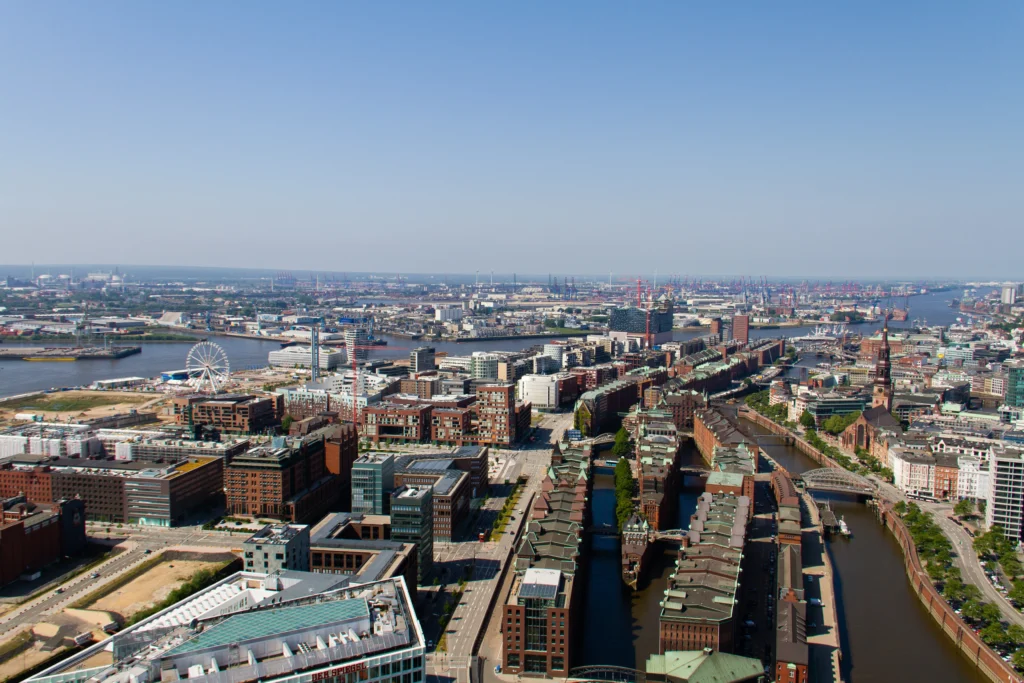
Germany has established itself as a global leader in environmental policy and renewable energy transition, with its ambitious Energiewende program transforming the nation’s energy landscape.
The country has made substantial investments in wind and solar power. Germany’s approach to waste management, including comprehensive recycling systems and circular economy principles, serves as a model for other nations.
Germany’s environmental education programs and public awareness campaigns have created a culture of sustainability that permeates daily life.
Must-Visit Places
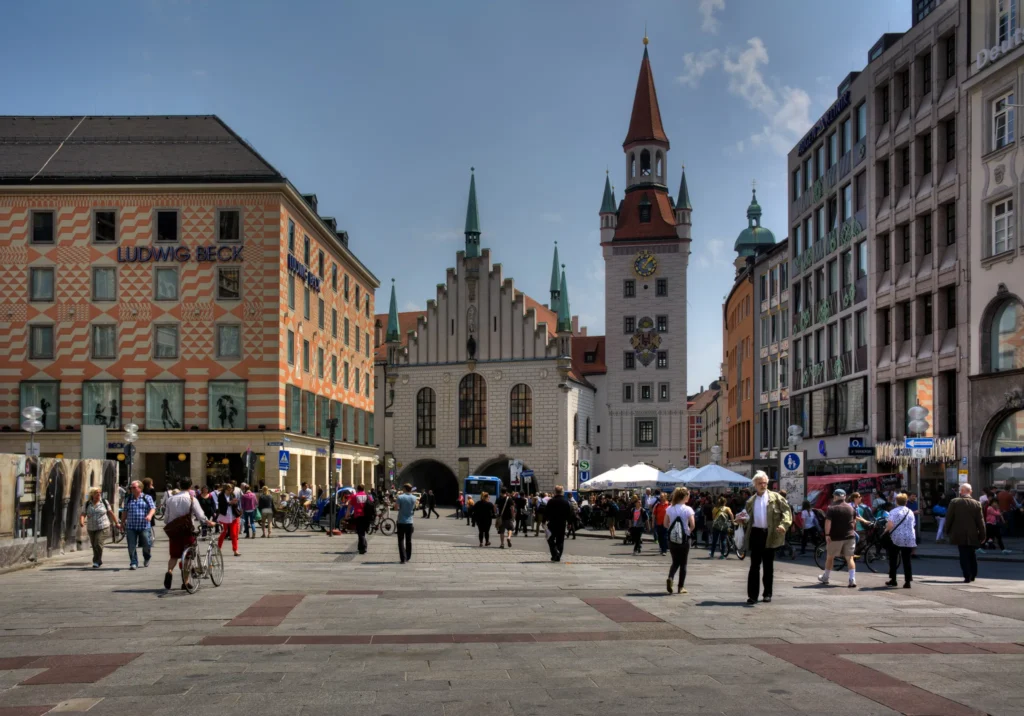
The Black Forest region offers sustainable tourism experiences, while Bavaria’s national parks showcase pristine Alpine ecosystems.
Hamburg’s HafenCity demonstrates innovative urban planning, and the Rhine Valley presents renewable energy installations alongside historic landscapes.
4. Finland (EPI Score: 73.7)

Finland’s environmental excellence stems from its deep connection to nature and comprehensive approach to sustainability. The country boasts extensive forest coverage, with over 70% of its territory covered by sustainably managed forests that serve as significant carbon sinks.
Finland’s circular economy initiatives have revolutionised waste management, with ambitious targets for waste reduction and recycling.
The nation’s commitment to clean energy includes substantial investments in bioenergy, hydropower, and emerging technologies.
Must-Visit Places

Lapland offers pristine wilderness experiences and sustainable Arctic tourism. Helsinki showcases innovative green architecture and urban planning, while the Finnish Lakeland provides opportunities for eco-friendly recreation, and the archipelago demonstrates sustainable coastal management.
5. United Kingdom (EPI Score: 72.7)

The United Kingdom has demonstrated remarkable progress in environmental performance, particularly in reducing greenhouse gas emissions and transitioning to renewable energy sources.
The country has achieved significant milestones in wind power generation, with offshore wind farms contributing substantially to the national energy grid.
Climate change mitigation efforts have been comprehensive, with legally binding carbon budgets and ambitious net-zero targets. The country’s environmental health initiatives focus on air quality improvement, particularly in urban areas, and comprehensive waste management strategies.
Must-Visit Places

The Lake District offers sustainable tourism experiences in pristine natural settings. Scotland’s Highlands showcase renewable energy projects alongside breathtaking landscapes, while Cornwall’s coastal areas demonstrate marine conservation efforts. London’s green spaces and sustainable urban initiatives provide urban environmental excellence.
6. Sweden (EPI Score: 70.5)
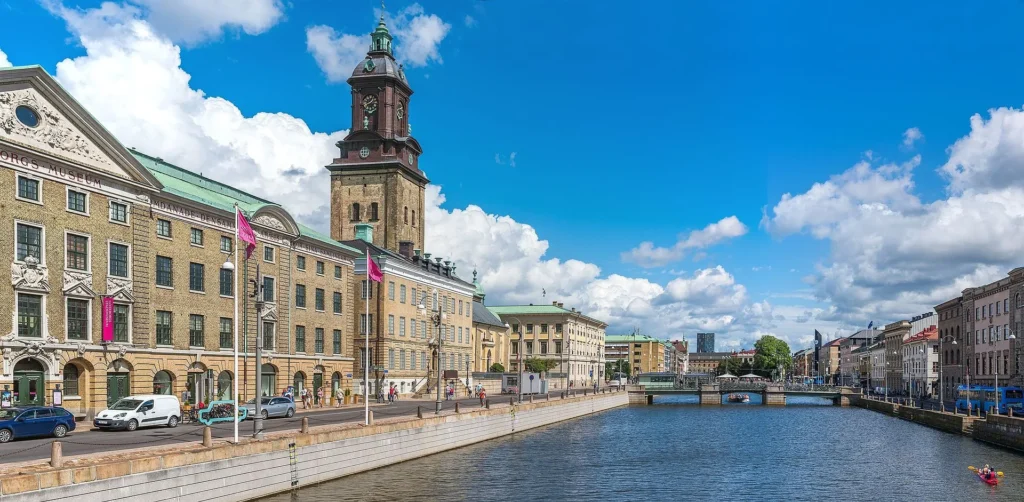
Sweden has long been recognised as an environmental pioneer, with comprehensive policies addressing climate change, biodiversity conservation, and sustainable development.
Sweden’s renewable energy sector, particularly hydropower and bioenergy, provides the majority of the nation’s electricity needs.
The country’s approach to waste management includes innovative waste-to-energy programs and extensive recycling systems. Sweden’s environmental health standards are exceptional, with high air and water quality maintained through stringent regulations and continuous monitoring.
Must-Visit Places

Swedish Lapland offers pristine wilderness experiences and sustainable Arctic tourism. Stockholm demonstrates innovative urban sustainability, while Gotland island showcases renewable energy projects. The High Coast provides UNESCO World Heritage natural beauty with sustainable tourism practices.
7. Norway (EPI Score: 70.0)

Norway combines abundant natural resources with responsible environmental stewardship, creating a unique model for sustainable development.
The country’s hydroelectric power generation provides nearly all domestic electricity needs while maintaining pristine fjord ecosystems.
Norway’s sovereign wealth fund, built on oil revenues, increasingly focuses on sustainable investments and divesting from fossil fuel companies.
The nation’s approach to biodiversity conservation includes extensive protected areas covering mountains, forests, and marine environments. Norway’s environmental health initiatives maintain exceptional air and water quality standards despite industrial activities.
Must-Visit Places
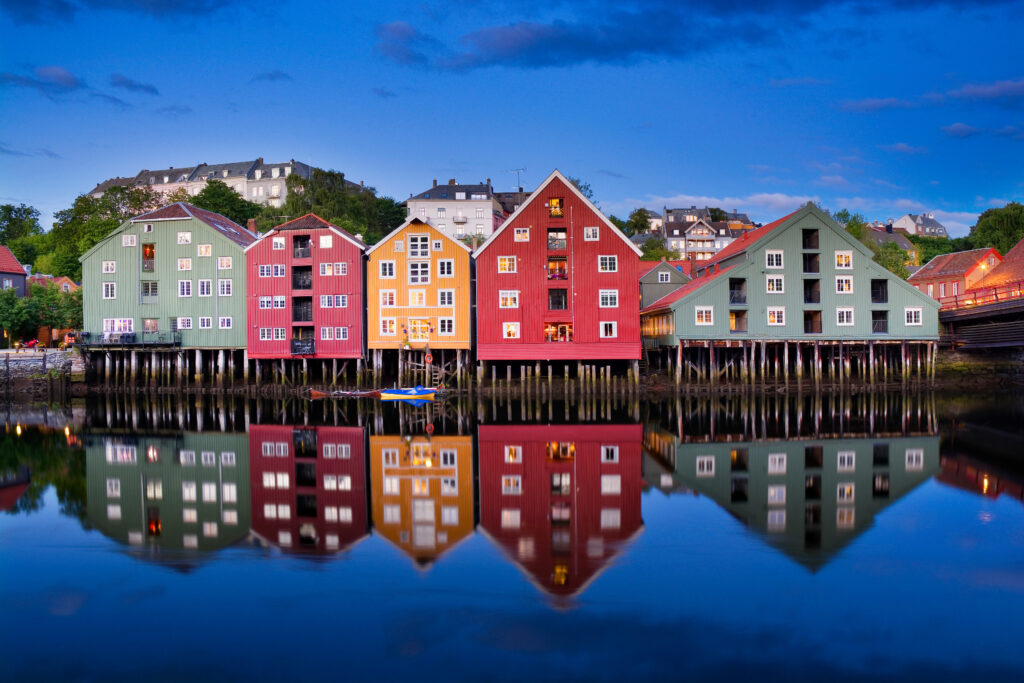
The Norwegian fjords offer breathtaking natural beauty with sustainable tourism practices. The Lofoten Islands provide pristine Arctic experiences, while Oslo demonstrates urban sustainability innovation. Svalbard showcases Arctic conservation efforts and climate research facilities.
8. Austria (EPI Score: 69.0)
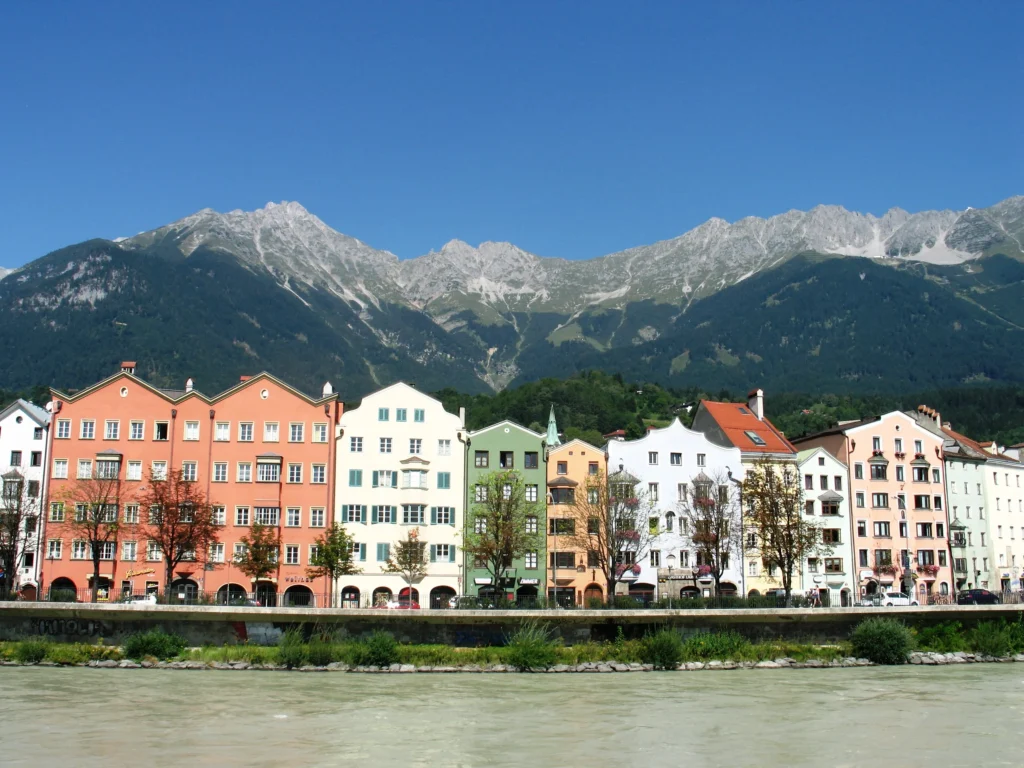
Austria has established itself as a leader in sustainable tourism and renewable energy, with comprehensive policies addressing environmental challenges across multiple sectors.
The country’s commitment to hydroelectric power and emerging renewable technologies has reduced dependence on fossil fuels while maintaining energy security.
Austria’s approach to sustainable agriculture includes organic farming initiatives and biodiversity conservation in rural areas.
The nation’s environmental health standards are exemplary, with high air and water quality maintained through effective regulatory frameworks.
Must-Visit Places

The Austrian Alps offer sustainable mountain tourism experiences, while Vienna demonstrates innovative urban environmental management.
Salzburg combines cultural heritage with environmental sustainability, and the Danube Valley showcases renewable energy projects alongside historic landscapes.
9. Switzerland (EPI Score: 68.0)

Switzerland’s environmental excellence reflects its commitment to preserving pristine Alpine environments while maintaining high living standards.
The country has implemented comprehensive climate policies, including carbon pricing mechanisms and renewable energy investments.
The nation’s environmental health initiatives maintain exceptional air and water quality through stringent regulations and continuous monitoring.
Switzerland’s waste management systems are among the world’s most efficient, incorporating advanced recycling technologies and waste-to-energy programs.
Must-Visit Places

The Swiss National Park offers pristine Alpine wilderness experiences. Zurich demonstrates urban sustainability innovation, while the Matterhorn region showcases sustainable mountain tourism. Lake Geneva provides opportunities for sustainable water recreation and wine tourism.
10. Denmark (EPI Score: 67.9)

Denmark rounds out the top 10 with its comprehensive approach to environmental sustainability and renewable energy leadership.
The country has achieved remarkable success in wind power generation, with wind turbines providing a significant portion of national electricity needs.
Denmark’s approach to sustainable urban planning includes extensive cycling infrastructure and green building standards.
The nation’s environmental health initiatives focus on maintaining high air and water quality while managing agricultural and industrial activities responsibly.
Denmark’s waste management systems incorporate circular economy principles and innovative recycling technologies.
Must-Visit Places
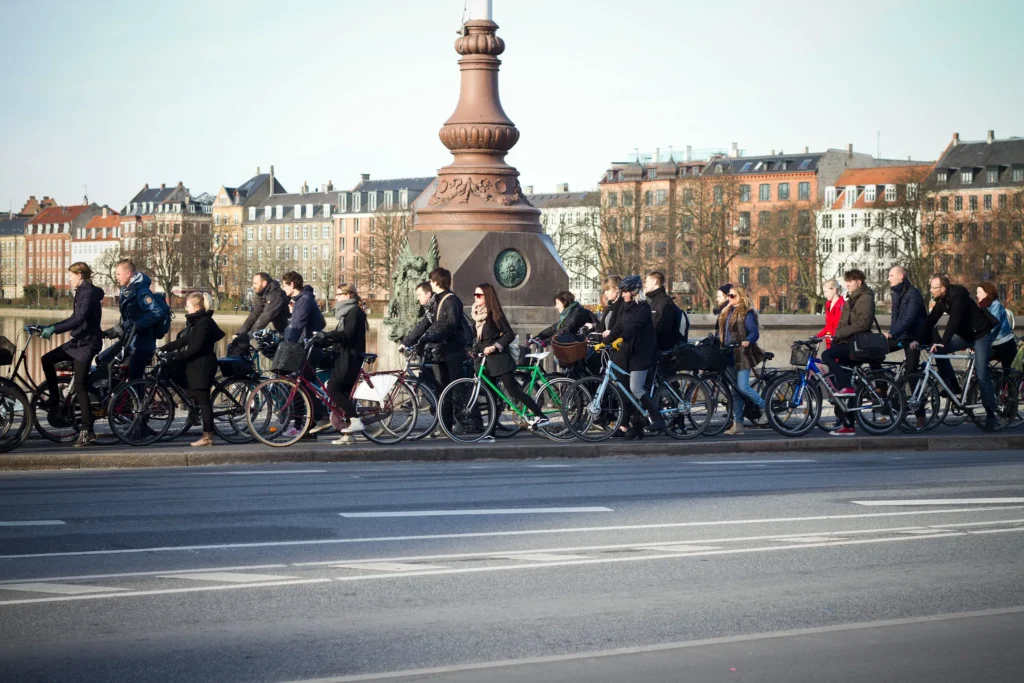
Copenhagen demonstrates world-class urban sustainability with extensive cycling infrastructure and green architecture.
The Danish coastline offers sustainable coastal tourism experiences, while Bornholm Island showcases renewable energy projects. The Danish countryside provides opportunities for sustainable rural tourism and organic farming experiences.
Bottom Line
These 10 countries prove that environmental excellence isn’t just about hugging trees and posting inspirational quotes on social media—it’s about rolling up your sleeves and actually doing the hard work of policy implementation, technological innovation, and behavioural change.
From Estonia’s digital-age environmental monitoring to Denmark’s cycling superhighways, these nations demonstrate that sustainability can be both practical and aspirational. After all, there’s nothing quite like breathing clean air while knowing you’re supporting places that actually care about keeping it that way.
Stay tuned with us. Further, follow us on social media for the latest updates.
Join us on Telegram Group for the Latest Aviation Updates. Subsequently, follow us on Google News

